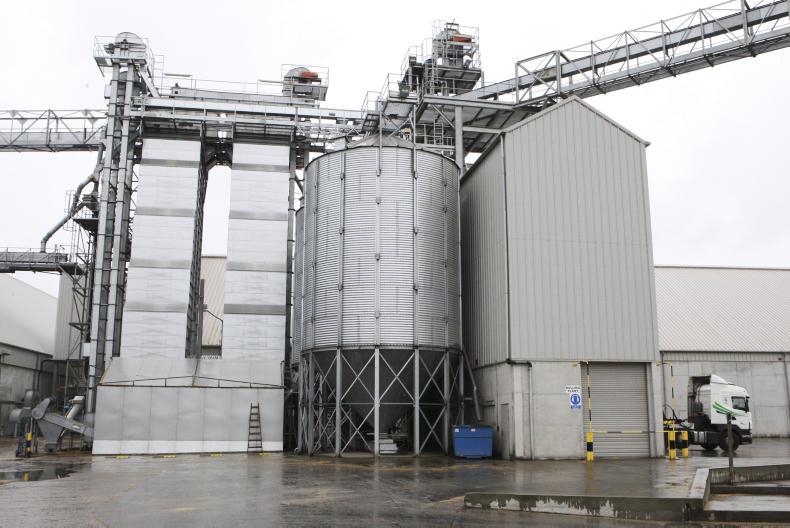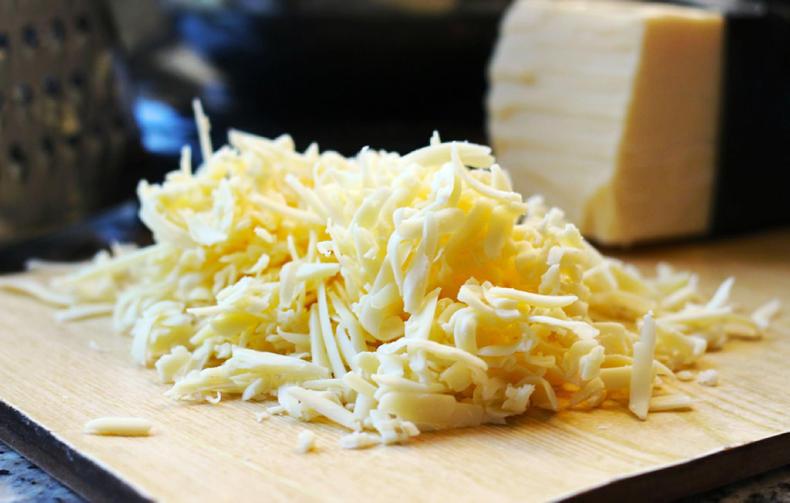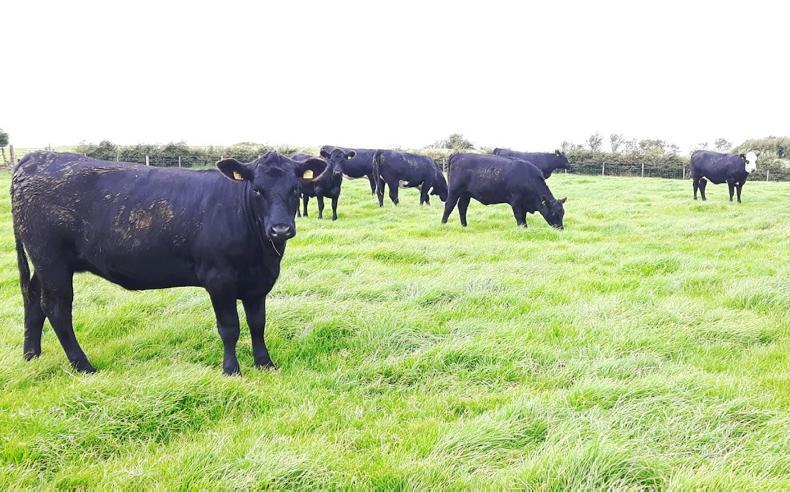Kerry Group has reported half-year revenues of €2.9bn despite having to face trying economic conditions.
The solid revenues were reflected in underlying sales growth of 3.2%. But volumes were up 2.7% and pricing was up 0.6%, revenues were down 1.9% due to currency movements.
Trading profits increased 3% to €275m. Underlying trading profit rose by 7.1%. Group trading margins were up 50 basis points to 9.5%. The board has declared an interim dividend of 13.5c per share, an increase of 12.5% on 2013.
Kerry Group chief executive Stan McCarthy said: “We are pleased to report a solid performance in H1 2014 with good underlying sales growth and margin improvement.”
He added that there were significant adverse currency movements and these impacted negatively in developing markets. However, as the currency movements started at the back end of last year, they will not impact as much on the second half-year results.
Adjusted diluted EPS was up 5.8% to 115.1c.
The ingredient and flavours business continues to drive margin, which is up 60bps to 11.7%. Consumer Foods margin meanwhile grew 10bps, to 7.8%.
McCarthy said he did not see the Russian food ban having a significant impact as the Russian market accounts for only about 1% of the business.
The ingredients and flavours division saw volumes increase 4.2% and net pricing increase 0.6%.
Against this tough trading and currency backdrop, Kerry has demonstrated good growth in volumes while also expanding the group trading margin.
McCarthy reiterated that despite the headwinds and challenging conditions in developed markets, the group expects to grow adjusted earnings per share by between 6% and 10% in 2014.
Consumer foods
As the group continues to restructure its consumer foods business, continuing volumes were down 1.2%. However, net pricing increased marginally by 0.2%. The division accounted for 27% of revenue in H1.
Consumer Foods H1 revenue was €801m, reflected by 0.9% lower underlying sales. While trading profit decreased by 2.4% to €62m, the division’s trading margin improved by 10 basis points to 7.8%.
The group said that increased fragmentation and a changed value-driven consumer in both Ireland and Britain impacted negatively on the performance in the chilled foods categories. McCarthy said the consumer is now more in control and is prioritising spending. Kerry has been realigning its business portfolio to this changed environment.
The company said its Irish brands continued to face intense competition from heavily promoted discounter and private label offerings. Performance in Kerry Foods’ branded sausage and cooked meats segments was affected as a result. However, McCarthy said there won’t be any changes with the Irish businesses, with the main changes focused on the UK and likely to be before the year end.
Post-quota risks
McCarthy said that one of the biggest risks for the dairy companies here is price discovery, where two or more Irish companies compete for businesses with global customers and drive down prices on each other.
He identifies milk price volatility and expansion as risks going forward for farmers. “We should not scale for scale sake. We need careful sustainable growth and Kerry has been doing this for 40 years.”










SHARING OPTIONS